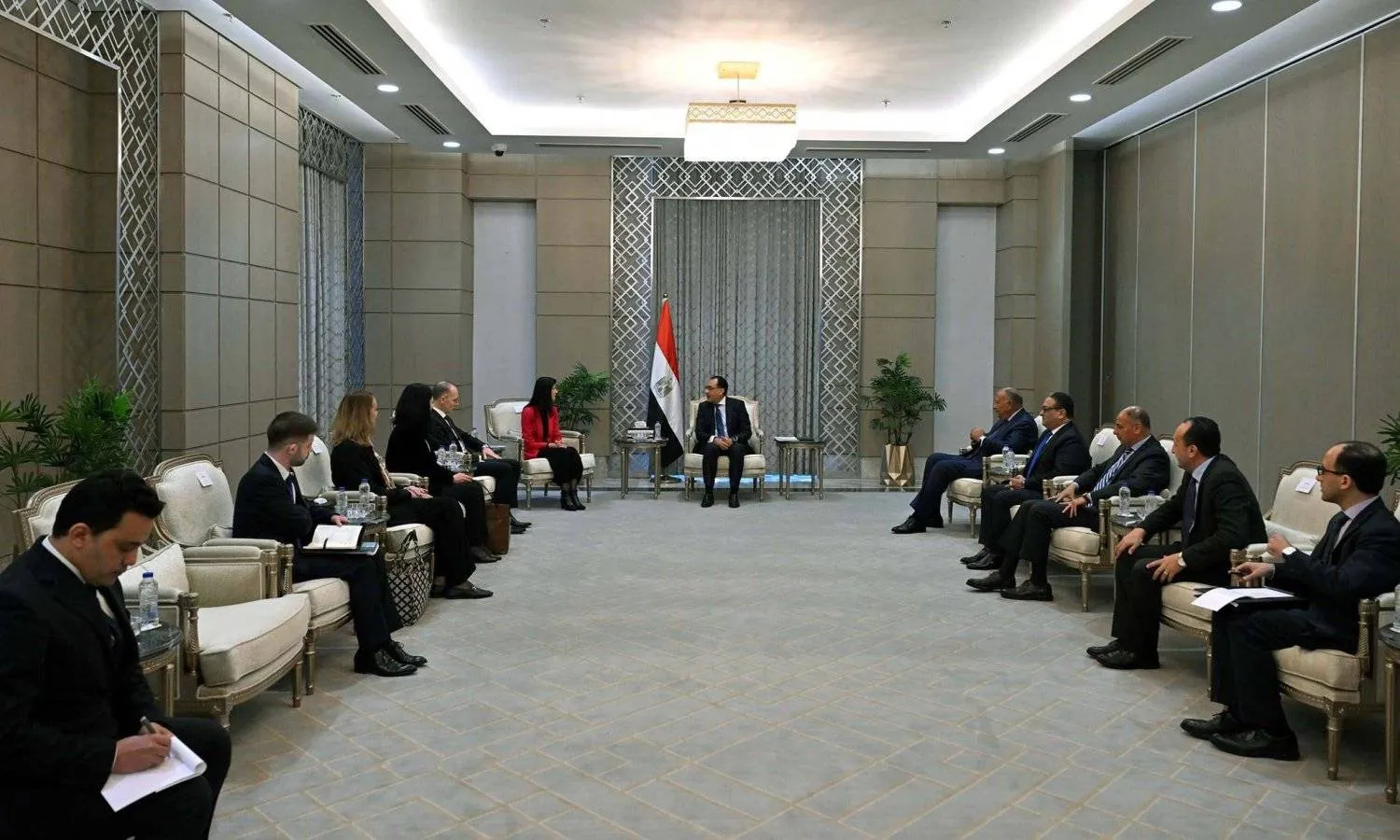Egypt and Bulgaria have confirmed their deep commitment to deepening political dialogue and enhancing the bilateral relations in a way that reflects the nature of the EU-Egypt partnership, according to a joint statement.
The first meeting of the joint committee on Saturday was held in Cairo and co-chaired by Egypt’s Minister of Foreign Affairs, Sameh Shoukry, and Bulgaria’s Deputy Prime Minister and Minister of Foreign Affairs, Maria Gabriel.
Both sides addressed the geopolitical tensions globally, focusing on developments in Europe, the Balkans, and the escalating conflict in the Gaza Strip.
In a press conference alongside Shoukry, the Bulgarian minister emphasized Egypt's pivotal role and strategic significance in the region. The minister underscored Bulgaria's commitment to enhancing cooperation with Egypt to tackle urgent global challenges.
On Saturday, Egyptian Prime Minister Mostafa Madbouly and Gabriel held talks emphasizing the negative impact of the Gaza conflict, which has increased the tension in the Red Sea and the wider region.
Madbouly urged a swift solution to the conflict and a comprehensive resolution to the Palestinian cause, citing the catastrophic humanitarian situation in Gaza and the economic implications for the world.
In addition, he underscored Egypt’s support for the legitimate rights of the Palestinian people for an independent state along the borders of June 4, 1967, with East Jerusalem as its capital.
Gabriel stressed the need to urgently reach a solution for the Gaza crisis and ensure the immediate release of the captives, highlighting the regional parties' role in resolving the crisis and expressing her support for the two-state solution.
In a joint press conference with his Bulgarian counterpart, Shoukry affirmed Egypt’s rejection of the forced displacement of Palestinians from their lands. He warned against the Israeli measures, which naturally lead to this forced displacement, stressing that these measures must be seen as a “systematic policy.”
Shoukry said that Egypt has repeatedly warned of the spillover of the conflict in the region.
The top Egyptian diplomat shed light on the deal formulated through consultations between intelligence agencies in Paris. He also highlighted Israeli statements that considered the deal unacceptable or unsuitable as a basis for a truce.
Shoukry cautioned against the Israeli intentions of escalating military operations in southern Gaza, warning of the grave implications, including high civilian casualties and a deepening humanitarian crisis.
He added that there are 1.4 million Palestinian citizens who are crowded into the very small area of Rafah city while being unable to protect themselves from these military actions.
“There is international consensus that the region cannot bear the same intensity of military operations that we witnessed in the past period,” Shoukry stated.
“The humanitarian conditions are deteriorating, and any expansion of military operations will have grave consequences,” he added.









